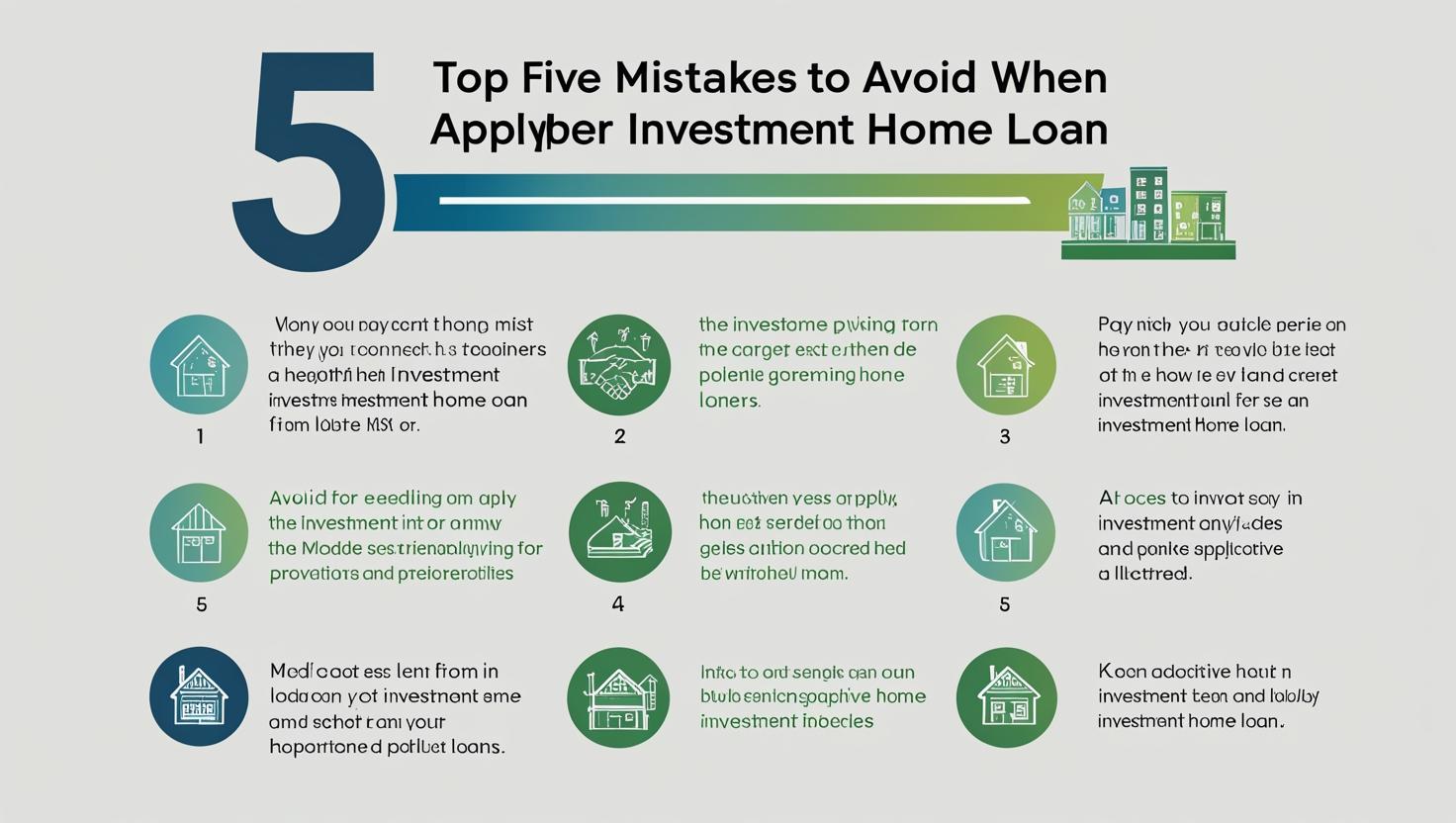
When we explore investment home loans, it’s essential to understand their distinct features compared to standard home loans. Investment loans are designed specifically for purchasing properties intended to generate rental income or capital growth. These loans often have stricter eligibility criteria and higher interest rates due to the risks associated with property investments.
Key factors we should assess include:
Understanding these aspects ensures we make informed decisions while preparing for the application process.
When applying for an investment home loan, we must present a thorough and well-organized set of financial documents to reflect our financial health accurately. Lenders rely heavily on these records to assess our creditworthiness and repayment capacity. Essential documents include:
Failing to include all relevant details or submitting incomplete or outdated documents may lead to delays, rejections, or less favorable loan terms. By ensuring clarity and accuracy, we increase the likelihood of a successful outcome.
When applying for an investment home loan, we must prioritize understanding the credit score requirements, as lenders rely heavily on this metric to evaluate risk. Overlooking this aspect can lead to unnecessary delays or even loan denial. Most lenders have minimum credit score thresholds, and failing to meet them could limit our loan options or result in higher interest rates.
We need to ensure our credit report is accurate and free from errors before applying. Proactively addressing any issues, such as late payments or high credit utilization, can improve our chances. By focusing on maintaining a strong credit profile, we demonstrate financial responsibility to lenders.
When applying for an investment home loan, we must meticulously evaluate loan terms and interest rates to make informed decisions. Failing to do so can lead to costly surprises later. Loan terms vary widely, encompassing repayment periods, fees, and conditions for early payoff. Without proper research, we risk committing to terms that limit flexibility or inflate costs.
Interest rates, meanwhile, directly impact profitability. We should explore rate types, such as fixed or variable, and assess their influence on long-term affordability. Comparing multiple offers and understanding how rates align with market trends ensures we secure competitive pricing. Diligence in this process is key to financial success.
We often encounter applicants who overlook the foundational role of a well-thought-out investment plan when applying for an investment home loan. Without a clear strategy, it becomes challenging to evaluate whether a property aligns with our financial objectives. A solid plan ensures we’re considering critical factors like expected rental yield, potential capital growth, and market trends. Skipping this step can lead to choosing risky or underperforming properties. By understanding our long-term goals upfront, we are better prepared to leverage loan opportunities wisely and avoid overstretching our budgets. Ultimately, a robust investment plan is crucial for informed decision-making and sustainable financial success.
When applying for an investment home loan, we should never overlook the importance of comparing lenders. Each lender offers different interest rates, fees, and loan features, which can significantly impact the long-term cost of the loan. By skipping this crucial step, we risk committing to less favorable terms that may not align with our financial goals.
To make informed decisions, we need to:
Taking time to compare lenders empowers us to secure the most suitable loan.
Ready to explore tailored loan options? Contact Brokio today and let us guide you through your mortgage, car loan, personal loan, or investment property loan journey with confidence.